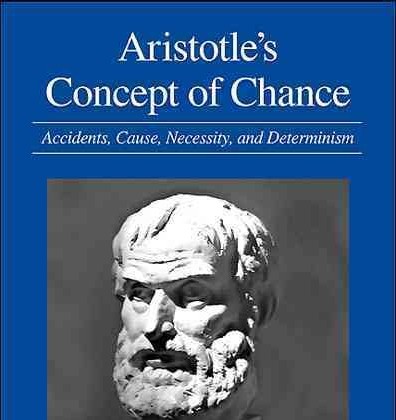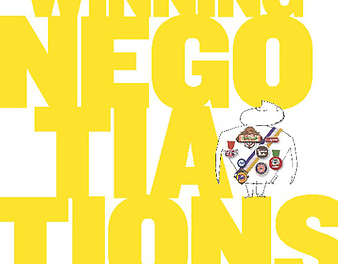Author: John Dudley
Publisher: SUNY Press – 469 pages
Book Review by: Paiso Jamakar
Is it by chance that people win in gambling? Is it by chance insurance companies make money – collecting more in premiums than paying out in claims?
And is it by chance that only a few people business people become millionaires while the most of them do not?
The subject of chance is interesting and intriguing not only to philosophers but to others as well : to those who want to win at gambling, to those who want to win in the insurance game, and to those who want to ‘win’ in their businesses. People in professional endeavors, in different occupations, and in all walks of life are affected by chance. Yet few take the trouble to understand how chance works. As well as how chance is related to necessity, luck and determinism.
This book gives us insights on chance, luck, necessity, and other topics. If you’re looking to make a lot of money, be sure to read chapter 6 entitled Chance as the Source of External Prosperity and chapter 7, Chance and Intuition.
The author John Dudley writes that happiness – derived from prosperity for most people – is not a matter of chance, but depends upon the effort of the individual to be virtuous. Dudley writes: “Virtuous activity is the source of happiness.”
In other words, by constantly helping and seeking to help other people – by being virtuous – you can bring about happiness for yourself. And happiness is a product of prosperity. The two are interlinked. Good luck is also brought about that way: by being virtuous.
But in some societies, a fatalistic attitude prevails, with people believing that only God determines the course of events and even individuals’ lives. The thought of “que sera, sera” (what will be, will be) leads them to do nothing to improve their chances of success.
We’ve all learned from experience that neither extreme view is true – on the one hand, that our fate is pre-determined, and on the other hand, that we are ‘captains of our fate.’
In reality, there is a combination of these two types of experiences in our lives. Luck plays an important part in the course of possible outcomes, in our lives, but so do proactive thought, planning, preparation and execution.
Also, ‘luck’ is different things to different people. If your predominant thoughts are of winning or becoming successful, and you do everything possible to make that outcome a reality, your chances of achieving what you expect are much higher.
Dudley states that chance has been used by many writers as the basis for their explanation that there is some form of order in the universe, and as it relates to the origins of life, human freedom and happiness. He also shows the relevance of Aristotle’s concept of chance to his writings on evolution and quantum theory.
While other books of Aristotle have touched a little upon Aristotle’s writings on chance, this one written by John Dudley – a research fellow in the Du Wulf-Mansion Centre for Ancient, Medieval and Renaissance Philosophy at the University of Leuven in Belgium – is the first one to provide a comprehensive account of the philosopher’s concept of chance.
Circumstances of a person’s life determine the degree of happiness a person has, Aristotle had written. If a person undergoes grave misfortunes he will not be very happy, no matter how virtuous he is or becomes. This is because favorable circumstance is necessary for a high level of happiness.
This is precisely why chance plays an important role in human happiness. Circumstances or external prosperity are not under human control, but are the outcome of chance.
Dudley also makes an important point on the relationship between external prosperity and happiness: “Although external prosperity is not a source of happiness, since an unvirtuous man can be wretchedly unhappy while surrounded by riches and every worldly advantage, it is a condition of supreme happiness.”
This is a book reflecting great scholarship. John Dudley has worked very hard in researching the works of Aristotle and other philosophers in locating material and interpreting them for this book. It is a unique achievement in philosophical writing.







